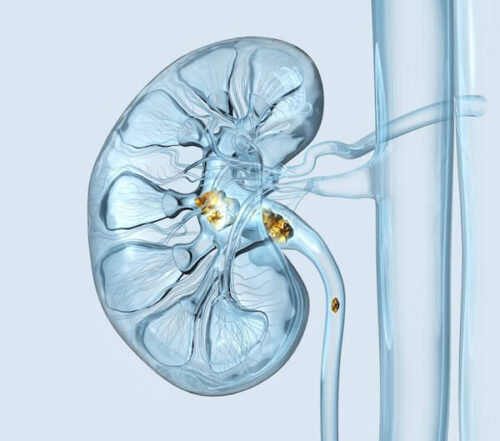Aging in Style: Maybe to 100 with sensible care
I love life so much that I would eat a plateful of cardboard to spend another afternoon windsurfing, another hour playing with my grandson Jaysen, or another evening of pleasant conversation with my wife Mary. About to enter my seventh decade of life, I can hardly believe how young and healthy I feel. As long as I am functional, comfortable, and content, I want to live to be 100.
Aging is a normal part of life—a process that cannot be stopped or reversed; but age-associated diseases can be prevented and our functional lifespan can be prolonged. But for how long? The maximum human lifespan is believed to be about 125 years, but so far no one for certain has reached this limit. The oldest person of authentic record was a French woman who lived to be 122 years old. About 50 people are alive today at 110 years or older—and there are presently 80,000 known centenarians (people who have reached 100 years). Interestingly, almost all of these “successful survivors” never saw a doctor until after age 90—obviously their exceptional longevity had nothing to do with medical intervention.
Life Expectancy Has Increased
The average life expectancy was 25 years or less during most (99.9%) of human existence. No prehistoric remains have been found of people older than 50 years. With few exceptions, war, accidents, starvation or infection ended lives before any of the signs of old age—graying of the hair, wrinkling of the skin, shortened memory, reduced strength, and decreased visual acuity—appeared. With the development of civilization people learned to control their environment and better protect themselves; with these advances some people then lived to a ripe old age. Passages from the Bible, written more than 2500 years ago, report that death from old age typically occurred at 70 to 80 years, and predict a maximum lifespan of 120 years. Since then what has changed is only the number of people who enjoy these later years.
Over the last century the biggest boost in lifespan was due to the introduction of antibiotics, immunizations, and proper sanitation. Life expectancy has increased since the beginning of the 20th century from age 47 to the current 77 years by effectively stopping infectious diseases that killed people from birth to young adulthood.
The Harms of Rich Foods Are Universally Known
Dr. Benjamin Rush wrote in 1776 an interesting comparison of the Native Americans to settlers from England: “In them (the Native Americans) the old proverb may well be verified: Natura paucis contenta—nature is satisfied with little—for though this be their daily portion, they still are healthy and lusty—they grow so proportionable and continue so long in their vigor—most of them being fifty before a wrinkled brow or gray hair betray their age.”
“The diet of the inhabitants of Philadelphia, during those years, consisted chiefly of animal food. It was eaten, in some families, three times, and in all, twice a day—Death was common between the 50th and 60th years of life from gout, apoplexy, palsy, obstructed livers and dropsies.”
Dietary Restriction—the Real Deal
Since antiquity, overindulgence in foods has been blamed for causing disease and the shortening of useful lives. Beyond common knowledge, dietary restriction is the only life-prolonging means accepted as effective by the scientific community. In animal experiments a 50% increase in longevity has been observed with a 30% to 60% decrease in calorie intake.
For the first time in 2006, researchers reported similar benefits in people. The hearts of people who had followed a nutritionally-balanced, lower-calorie diet resembled those of younger people, with better function and fewer tendencies to become inflamed and scarred. People in the study had averaged only six years on the healthier diet, but their hearts looked 15 years younger.
Successful Living Means Graceful Aging
Benjamin Rush in 1797 studied octogenarians and found them of sound mind. His recommendation for a happy old age, therefore, was not to overcome the laws of nature, but to understand them in order that the aging individuals remain productive members of society. As is commonly believed, age is not a demeaning disease that destroys the mind and body; but an opportunity to be valuable, useful and creative. We should all seek long lives free of disease and disability, and then die quickly and quietly when we reach the end of the normal lifespan—when we are worn out through our natural processes of aging. With the elimination of disease a proper death from old age comes peacefully—ideally, one night we simply fall asleep and we pass on.
Recommended Articles

The Truth About Oxalates & Kidney Stones

Holiday Meal Planning & Recipes






Join the Conversation!
Have a question, a helpful tip, or a story from your journey? Add it below - your voice matters.